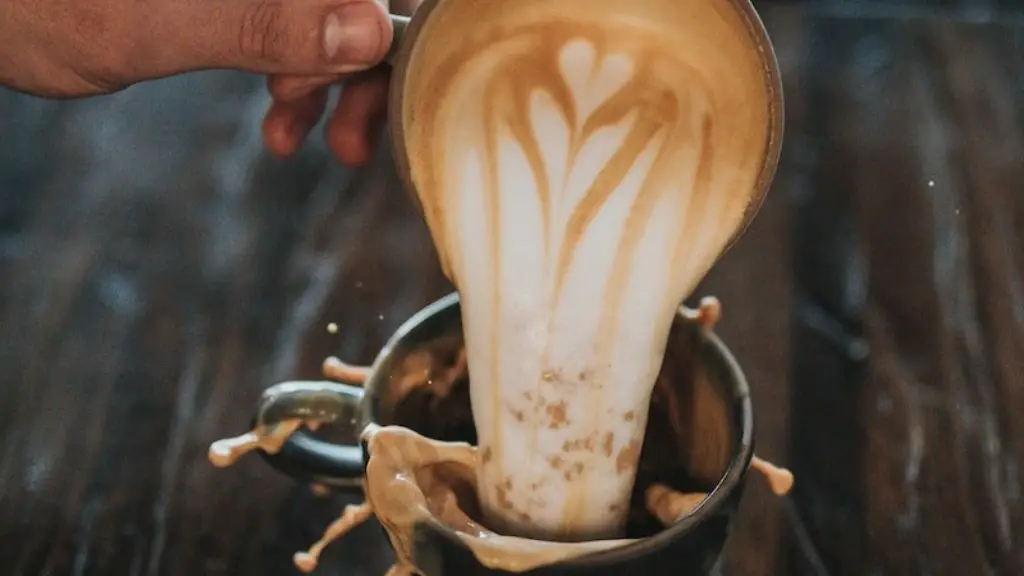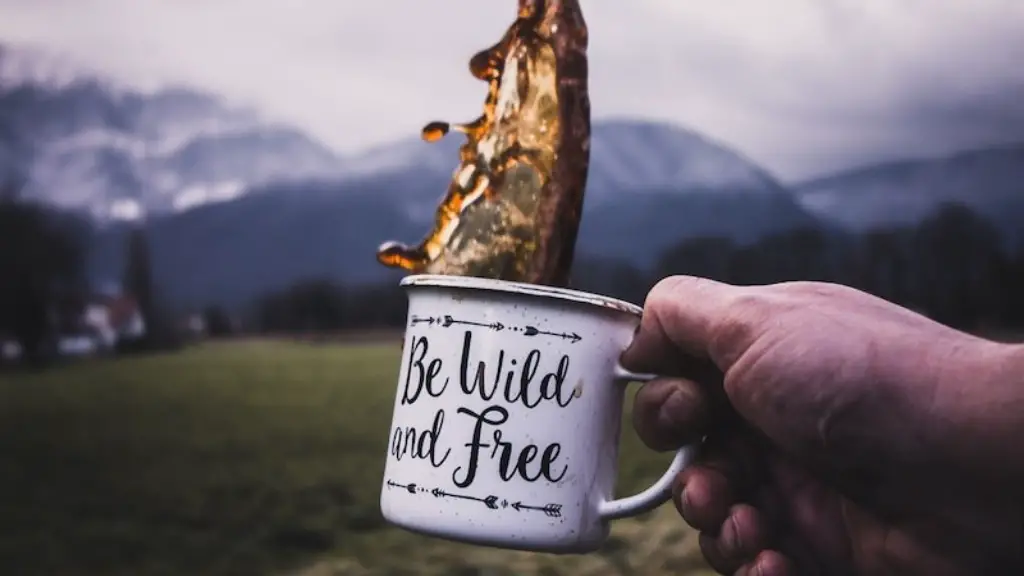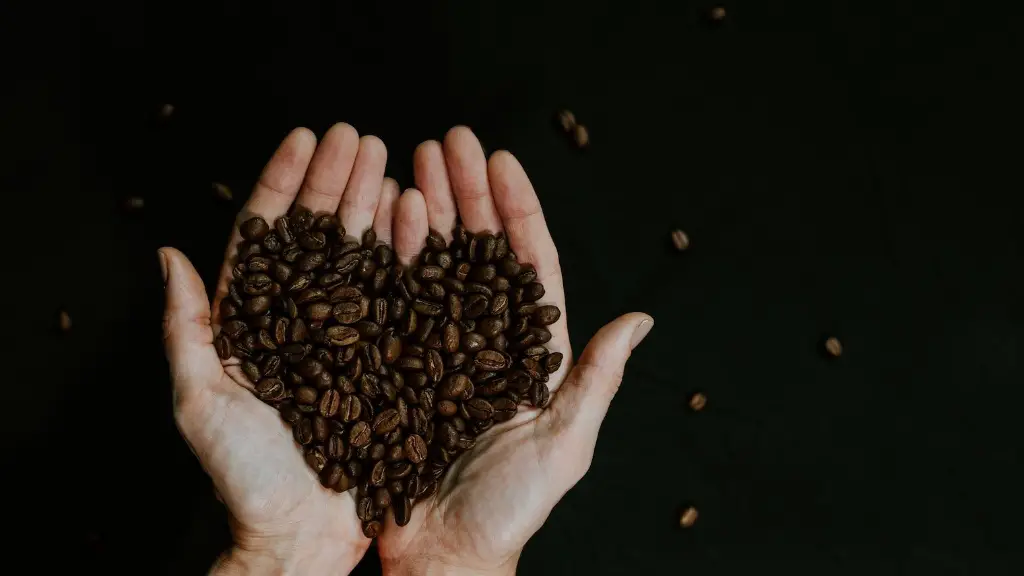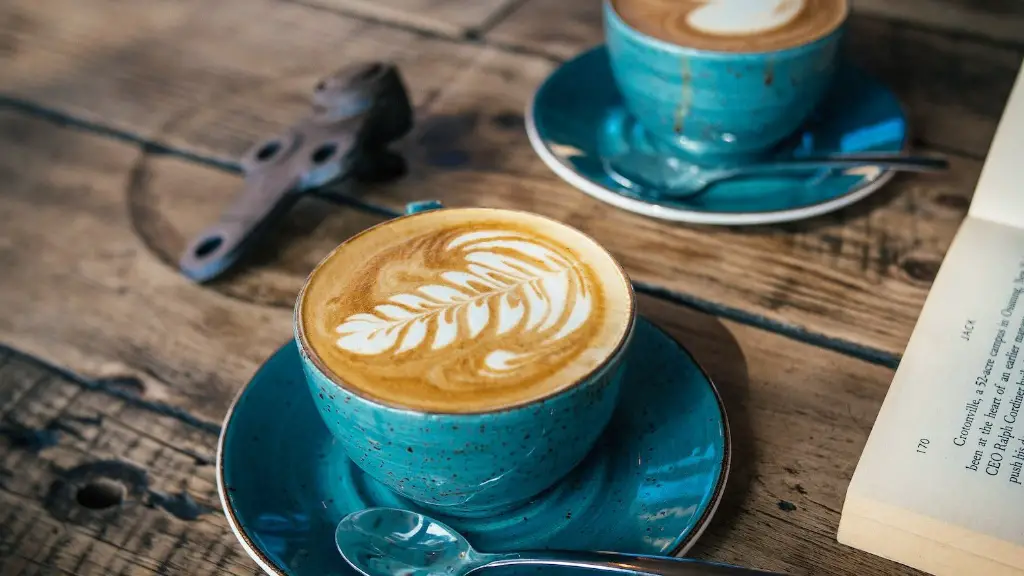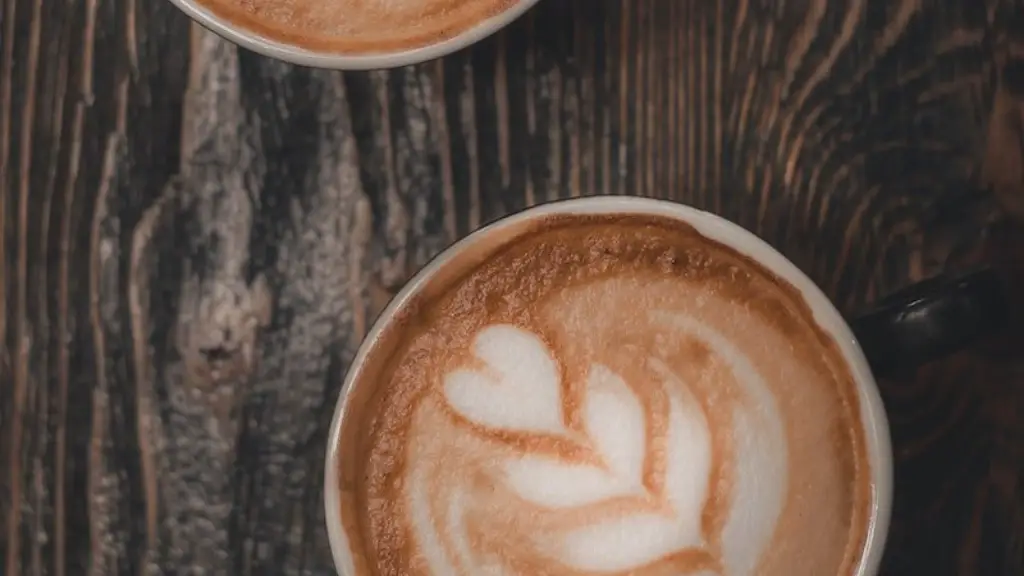The stimulation from coffee and alcoholic beverages can both be pleasant and backfire in creating an uncomfortable feeling or result. One common mistake is experiencing the stimulating power of coffee after drinking alcohol, which could create an intense jarring contrast. Whether you can safely drink coffee and alcohol together is complicated enough to require a closer look at the topic, for it’s important to possess a correct understanding of what characteristics, effects and consequences each type of beverage has in order to know how drinking them together can be detrimental.
The main element of our discussion has to be caffeine, one of the components present in coffee. Caffeine is a psychoactive substance known to be absorbed by tissues inside the human body, oftentimes serving as an efficient energy booster. But drinking caffeine after consuming alcohol may alter its beneficial effect, by provoking a minor state of delirium. This unwanted physical response is caused when both the caffeine present in coffee and the alcoholic beverages have already been digested by the body, resulting in a greatly exaggerated feeling.
It is important to consider that alcohol and caffeine possess different metabolic rates in the body, meaning that certain processes can interfere with each other in uncomfortable ways. Despite the unpleasant sensations derived from having coffee after drinking alcohol, it has been suggested that the combination of both can be sometimes beneficial in the care for hangovers. Several studies advocating the positive uses of coffee to restore natural energy levels after drinking claim that when combined with alcohol, the stimulating effect of caffeine can be effective in dealing with both physical and mental weakness.
The abovementioned positive effects of coffee are usually a result of having it at a certain time and in moderate amounts. Both coffee and alcohol should be consumed with knowledge and moderation, for when mixed in wrong proportions or at inappropriate times, the results can be comprehensibly destructive.
Hangovers
When drinking alcohol, one must be aware of the implications that alcohol has on the human body, primarily on the brain. Both heavy alcohol consumption and regular alcohol consumption can have long-term effects on the mind and the body, leading sometimes to hangovers. The main symptoms of hangovers are the unbearable headaches, the uncomfortable feeling of dehydration and usually the lack of energy.
In order to deal with the physical and mental fatigue that sometimes can follow drinking, coffee has been proven to activate the brain and reduce the severity of hangovers. For instance, caffeine is a good source of active ingredients that provoke dehydration and can process nerve impulses more efficiently. Studies conducted in 2020 have concluded that drinking coffee after alcohol has proved to be less beneficial than drinking it with no alcoholic beverages involved.
On the other hand, the combination of coffee and alcohol has been associated to the growth of certain immune responses. Drinking coffee while inebriated can lead to a reduction in the consequence that alcohol has on the human body. Moreover, it has been shown to reduce the damaging effects of alcohol on the brain and help bring the body back to balance. Doing this can potentially give you an additional boost of energy that are needed in case of severe hangover.
Tolerance Levels
Alcohol is a powerful drug that affects the body in unexpected ways. Upon drinking, alcohol begins to change your metabolism, influencing the way your body breaks down substances that are ingested. This can include coffee, in which case, having too much of it can cause a hazardous reaction in those whose bodies are sensitive to both materials.
Some individuals are more prone to become intoxicated when consuming the combination of alcohol and coffee and even have been reported to have adverse reactions such as dizziness, jitters, and a heightened heart rate. These reactions may be caused by an inability to metabolize one or both of the components. Therefore, it is important to understand your own body and your own tolerance levels when consuming any beverage in order to avoid any negative outcomes.
The reality is that certain people can tolerate the combination of both materials, while some have to be more precautious when attempting the mixture. Healthy people with a low toxicity to drugs tend to be more able to manage the combination of coffee and alcohol with fewer risks. However, this does not in any way imply that a negative outcome is impossible if someone engages in the combination of both substances.
Caffeine Content
Caffeine is a common ingredient found in several beverages, including coffee and energy drinks. While it can have positive properties when consumed in moderation and in combination with other beneficial components, it can become dangerous when consumed independently. In the case of drinking coffee after alcohol, it is important to note the amount of caffeine one is taking in.
Too much caffeine can lead to negative consequences when combined with alcohol. Cases of palpitations, dehydration, insomnia, and other adverse health outcomes have been reported when the combination of alcohol and caffeine is taken in large dosages. Taking too much of both can also lead to an overly stimulating and unpleasant experience.
For this reason, it is recommended to be aware of your caffeine intake after drinking alcohol. In regards to the ratio of caffeine to alcohol, it is a good idea to keep the amount of caffeine low, for it is easy to get an excessive amount of it without realising it.
Health Warnings
Most health warnings related to drinking alcohol and taking caffeine tend to go beyond just physical considerations. A high amount of caffeine can contribute to the symptoms of restlessness, anxiety, insomnia, and even insomnia. This is why drinking coffee with alcohol can be a dangerous combination.
Also, mixing certain kinds of beverages can increase the probability of adverse reactions in your body. An example of this is energy drinks, which have become popular in recent years and contain large amounts of caffeine. Ingesting energy drinks can be quite risky if taken together with alcohol.
It is recommended to avoid drinking caffeine after alcohol consumption and if one must, try to pick options with the least amount of caffeine possible. Coffee is not the only caffeinated beverage available, there are drinks such as green and white tea, which contain far lower amounts of caffeine.
Caffeine/Alcohol Interaction
Drinking coffee with alcohol combined can be a tricky situation. Even though caffeine can act as a stimulant to reduce the effect of alcohol and hangover, it is not advised to be combined at excessive levels. Too much of both can create a feeling of uneasiness due to the wrong amount of stimulation.
When debating the combination of coffee and alcohol, experts suggest that the decision should be based on individual preferences and biological needs. Although drinking coffee and alcohol together can be an enjoyable experience, everyone’s tolerance levels and physical conditions are different. Therefore, knowledge about the implications and potential dangers of coffee and alcohol should be taken into account for the safety of the individual.
Types of Caffeine
Coffee is not the only source of caffeine available. There are a variety of caffeinated beverages and sources with different caffeine concentrations. Tea, energy drinks, and soda are all popular choices that can come in various flavors and benefits. It is important to be mindful of the type of caffeine one is ingesting when combined with alcohol.
For instance, energy drinks contain higher amounts of caffeine and other chemicals, which can be beneficial when taken with alcohol during certain occasions. But once again, it is important to take into account individual needs before drinking any caffeine and alcohol together. Also, it is important to be aware of the amount of caffeine intake when considering a beverage with a high caffeine content.
Conclusion
In conclusion, drinking coffee after drinking alcohol is something that should be done with knowledge and in moderation. While it can be beneficial in some cases such as for hangovers or for a boost of energy, it can also be detrimental to one’s health when taken carelessly. It is important to pay attention to how much caffeine one is consuming, for it is all too easy to get an excessive amount of it. Furthermore, it is wise to consider individual tolerance levels and physical conditions, for everyone reacts differently to the combination of coffee and alcohol. When done right, it can be an enjoyable experience, but caution and moderation must always be taken into account.
